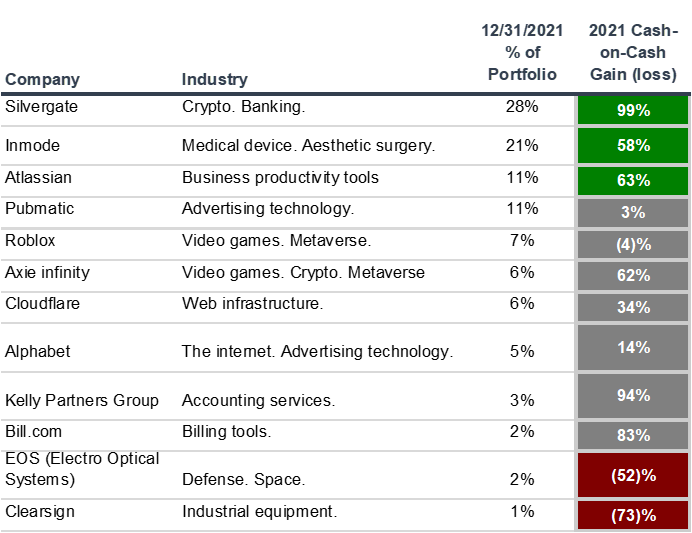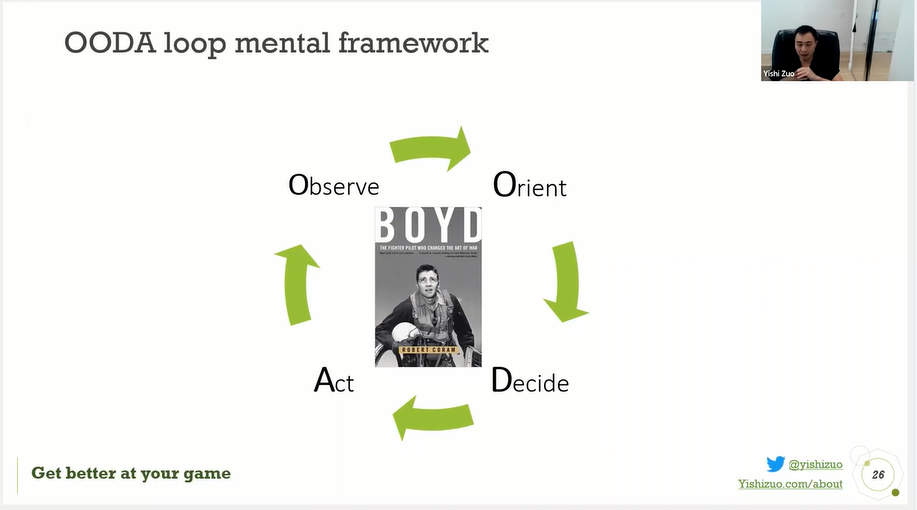Let’s suppose that your goal in life is to maximize your long-term happiness.
What should you do?
Last time we talked about your 4 buckets of capital: financial, social, knowledge / experience, and time.
This article is about:
- How to figure out what you have and don’t have
- How to increase what you want, and
- How to use what you got.
I use the term “investing” a lot in this article. But the way I use the term is unique — encompassing a wide spectrum of activities.
For example:
- When you read a book, you invest time in return for knowledge
- When you go to a party, you invest time and money for the experience and social relationships
- When you ask a friend for help, you spend social capital for knowledge & perhaps money
- When you exercise and improve your health, you invest some time now for more time later
This may seem ridiculous. If we call everything investing, then investing becomes a useless term.
The key caveat is that not all investments are smart. The above activities may be smart for some people at certain points in time, but what about for you, right now?
Let’s make this framework more useful.
Let’s focus on activities that generate financial capital. And let’s use a few more practical examples.
Here is a slide from a talk I gave earlier this year.
Some of the above activities require more time than money, more knowledge than time, or vice versa. I personally focus the bulk of my capital on boxes 2 & 4. And there are certainly countless other options not listed that might be a great fit for you.
After all, there are countless ways to invest your knowledge, connections, time, and money to achieve your goals. You just need to figure out what your game is. In other words: “Choose the game you play”.
Your game should align with your long-term goals. Your goals should be informed by your strengths and weaknesses.
This is easier said than done. Figuring out your strengths, weaknesses, and goals requires a lot of introspection. This can be intense and intimidating.
In addition, you are a dynamic human being who changes over time. To succeed, you will need to think about these difficult questions over and over again. But based on my personal experience, if you put in the effort, it will only get easier.
In the past, these 5 things have really helped me with this soul-searching process:
- Asking my friends: This is the cheapest and easiest option. But it comes with caveats—even your closest friends may not understand your domain or goals, and they may unintentionally give you bad advice.
- 360 reviews: If your employer offers these, definitely take advantage. But they are kind of expensive and a hassle to set up on your own. I’ve done two of these—once via business school, and once that I implemented as the CEO of my last company—and both experiences were super helpful.
- Writing: I often write to myself to focus my thoughts. Sometimes that writing evolves into a public essay. Having a target audience in mind helps me further refine my thinking. Here is a good recent example that explores a related topic: A framework for finding the overlap of what you are good at vs. what the world is willing to pay for.
- Private online communities: Alongside my writing, my memberships in private online communities have generated enormous serendipity. As I grow older, I find myself drifting apart from certain friends. This is not a bad thing; it’s normal as our interests diverge and as we enter into different life stages. These communities help me meet people based on my needs and interests today.
- Coaching. I’m a pretty frugal person, but executive / career / leadership coaching is something I’ve personally invested in for many years. It’s basically therapy with a professional focus, and it has greatly helped me mature as an individual. And now I also coach others 1-on-1. And I’m building a private community to make the benefits of coaching more accessible to others. (Sign up for my newsletter below for more details!)
Next: OODA loop – practical lessons from a military genius Previous article: 4 buckets of capital.



